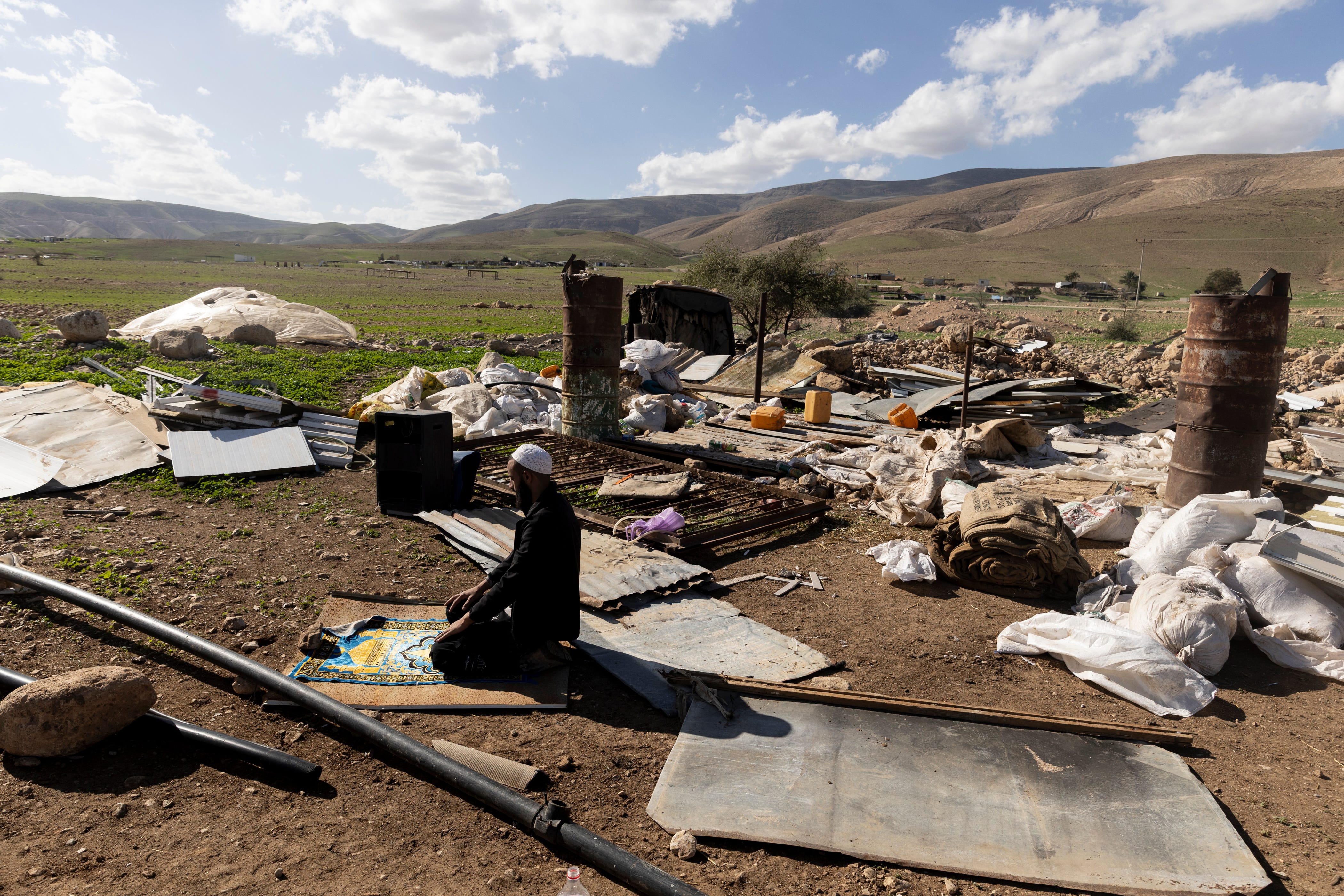 It is the time of the year when school is out for Israel's ultraorthodox students. But this year, a Jewish morality police is patrolling in force to make sure they do not have too much fun.
It is the time of the year when school is out for Israel's ultraorthodox students. But this year, a Jewish morality police is patrolling in force to make sure they do not have too much fun.
Leading rabbis and heads of religious colleges, or the yeshivas, have warned students to continue their studies of the Torah, dress appropriately and avoid "the great danger, spiritually and concretely, of hitchhiking". The ultraorthodox, who make up roughly 10 per cent of all Israelis, live a closeted life. They voluntarily choose not to own a television or radio, and are barred from using the internet.
Jerusalem's ultra-orthodox Mea Shearim neighbourhood offers a snapshot of another era. Medieval-style buildings overhang the narrow little alleyways through which black-hatted men with sidelocks hurry, heads bowed and books in hand.
Here, the focus is firmly on religious study. Most ultra-orthodox men enter the yeshiva, studying the Torah until well into their 40s. But not only is it a drain on Israel's economy; it puts many young men, some of them less spiritually minded, under tremendous pressure to conform.
Their communities have their own buses, where women are relegated to the back, and they stick closely to rigid rules that govern every aspect of their lives. On the Jewish Shabbat, or Sabbath, they are forbidden from driving, operating a light switch and lighting fires, ruling out any barbeques.





 Over the span of four years, 50-year-old Fidda Mohammad Naasan and her family have been violently...
Over the span of four years, 50-year-old Fidda Mohammad Naasan and her family have been violently... When we talk about our inability to pay attention, to concentrate, we often mean and blame...
When we talk about our inability to pay attention, to concentrate, we often mean and blame...






























